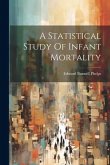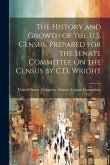This landmark collection addresses the hard moral dilemmas that have arisen in the wake of genocide and crimes against humanity during the 20th century. Re-examines the national policy of slavery and forcible removal of Native Americans through the contemporary definitions of genocide Evaluates issues of guilt through to the consideration of reconciliation and reparations Original essays representing the latest research in moral issues
Hinweis: Dieser Artikel kann nur an eine deutsche Lieferadresse ausgeliefert werden.
Hinweis: Dieser Artikel kann nur an eine deutsche Lieferadresse ausgeliefert werden.
"This volume is a welcome addition to the wealth of scholarship onthe topic of genocide, important for the heretofore penury ofphilosophical attention to this phenomenon ... This volume will befound valuable reading, if troubling and controversial in parts, byany educated adult and would also be useful as a provocative textin university studies of genocide." Wendy C. Hamblet, NorthCarolina A&T State University
"Where genocide is concerned, philosophy and philosophersneed approaches that are more heads-up and hands-on. Fortunately,Genocide's Aftermath provides some significant examples of suchphilosophical work. The best work in this book favors historicalspecificity over theoretical abstraction." NotreDame
"Where genocide is concerned, philosophy and philosophersneed approaches that are more heads-up and hands-on. Fortunately,Genocide's Aftermath provides some significant examples of suchphilosophical work. The best work in this book favors historicalspecificity over theoretical abstraction." NotreDame

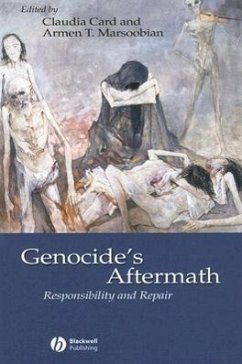
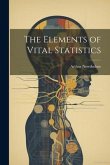
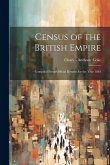
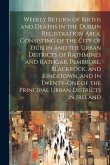
![The Malthusian. [vol.1, No.1 Is Of The 2nd Ed.]. [continued As] The New Generation. [continued As] The Malthusian. N.s The Malthusian. [vol.1, No.1 Is Of The 2nd Ed.]. [continued As] The New Generation. [continued As] The Malthusian. N.s](https://bilder.buecher.de/produkte/71/71550/71550942m.jpg)

